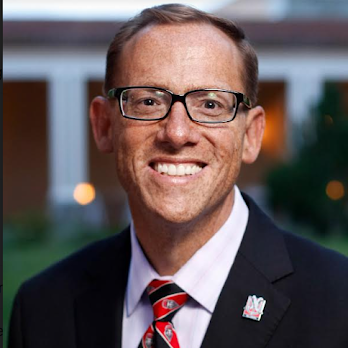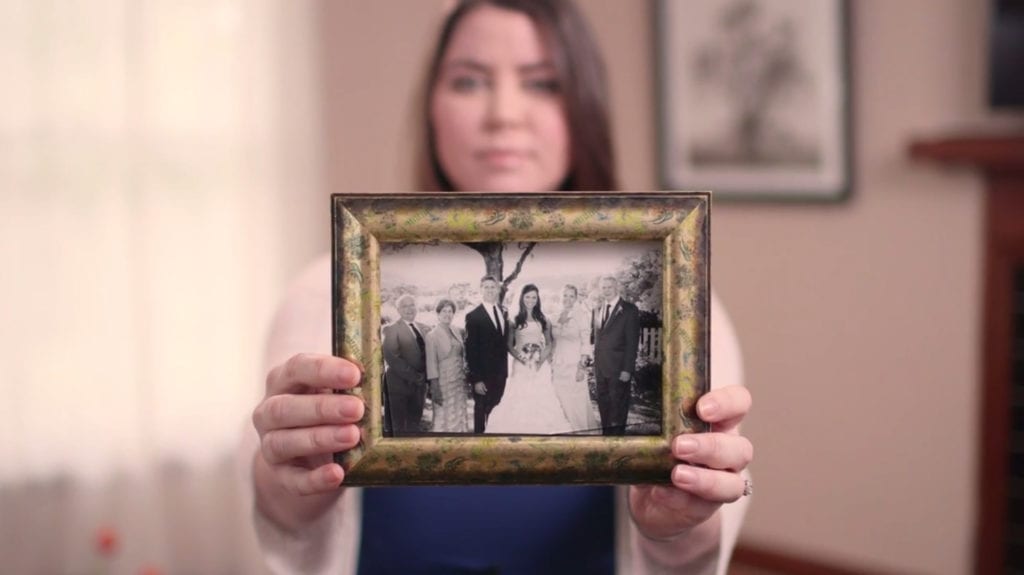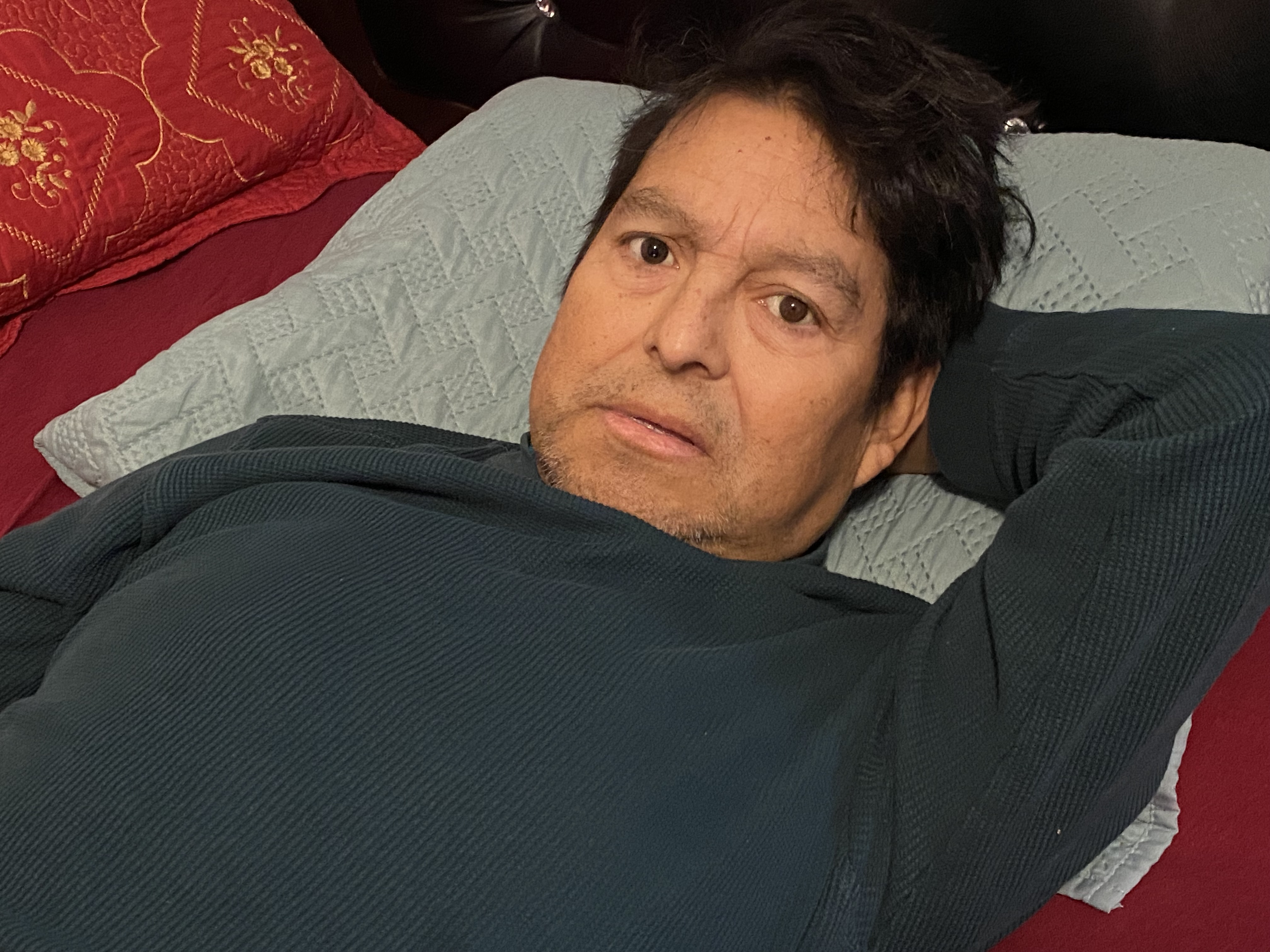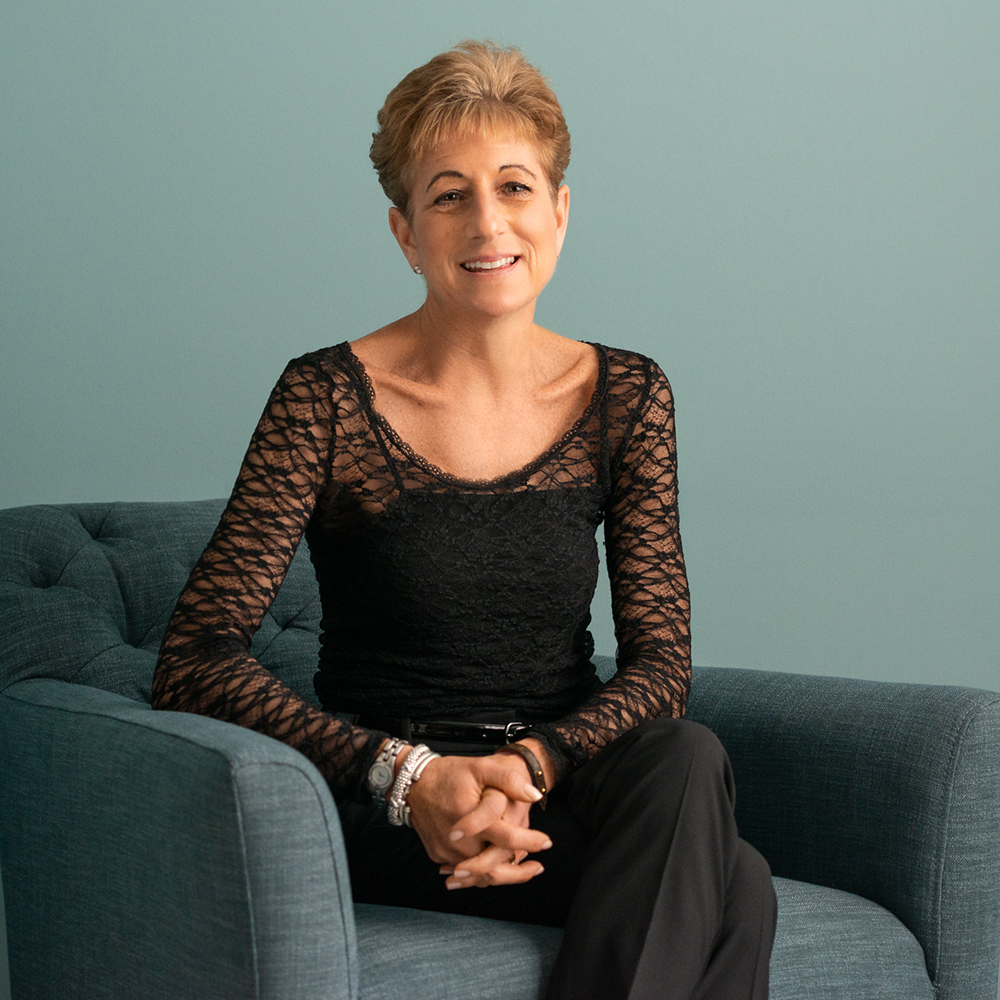Brian Colón is managing partner for Singleton Schreiber New Mexico, a national law firm and he is using his voice as a community leader to cast a spotlight on the importance of end-of-life discussions and the profound impact these conversations can have within the Latino Community. As an advocate for end-of-life conversations, Brian recognizes the difficulty in discussing death and end-of-life planning saying that "this is not a conversation that hinges on education, it's about culture. It's about our communal identity." He understands the way the pressing concerns of daily life often eclipse the imperative of planning for the inevitable, but urges people to embrace the hardship and not be afraid to start having end-of-life conversations with their loved ones.
For Brian, planning for and preparing for his own end-of-life care gives him a peace of mind knowing that the difficult conversations he has now alleviates his loved ones from the stress and uncertainty of not knowing his wishes. His passion for these conversations stems from when he was 16 when his father passed away from muscular dystrophy. He reflects, “I witnessed my father's gradual decline firsthand. He left us at the age of 49. Each day I live beyond that age is a day more than he had on this earth.
My father died at a very young age, with a disease that took him slowly. And yet the conversations about his end of life were still extremely limited.” Brian hopes that by encouraging others to have these difficult conversations now they can avoid some of the hardship he and his family had to go through when his father passed away saying that, “I hope that me sharing these insights will be beneficial to a few families that maybe were like mine, who chose not to talk about it and to pretend if we didn't talk about it, maybe it wouldn't happen.” But he recognizes the obstacles the Latino Community faces when starting these conversations.
To address the challenge of initiating these conversations within the Latino community, Brian points to the cultural factors that can act as barriers: a historical lack of healthcare access and mistrust of healthcare professionals. He believes that the way to normalize these conversations is with education and public policy change, allowing communities to have access to the spectrum of options at the end of life. But the discussions can’t just be initiated from healthcare providers, these conversations need to be initiated from trusted members within the community.
He proposes that occasions like "Dia de los Muertos,"Day of the Dead, can serve as a catalyst for these discussions. Rooted in tradition, this holiday serves as a platform to contemplate life, mortality, and to commemorate those who've departed. Brian says “What a tremendous opportunity to have healthcare educators that are a reflection of those who are celebrating. We have to have people from our own community who are a reflection of ourselves, who understand our dream, who understand that my parents, my grandparents, my great-grandparents, they didn't have these conversations.”
Brian encourages people to embrace the discomfort of these talks now, viewing it as a gift you can give your loved ones proclaiming that “Talking about death will not kill you, but instead, it's a gift that you can give your loved ones because you've removed a burden that they're going to have to carry should you fail to have that conversation.”






